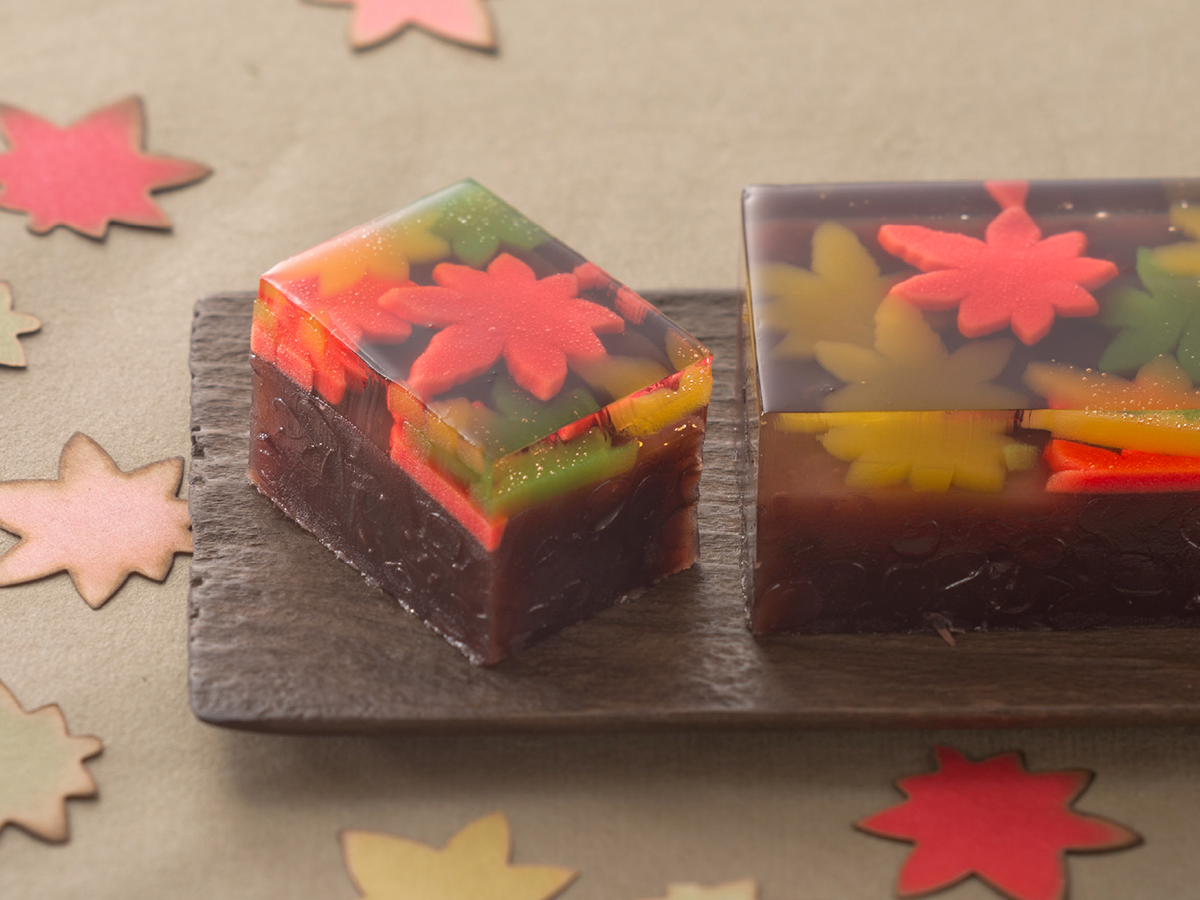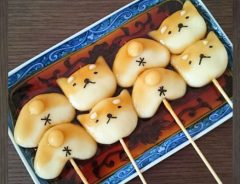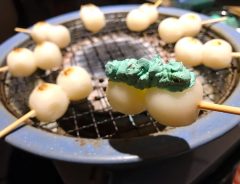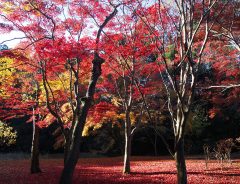
Source: PR Times
These gorgeous traditional Japanese sweets perfectly capture Kyoto autumn in wagashi form
- Source:
- PR Times
Related Article
-

Shiba Inu Face And Butt Dango May Be The Cutest Japanese Snack Ever
-

Rilakkuma and Kiiroitori wagashi sweets get into the spirit of the strawberry season
-

Japan in Fall: Fujikawaguchiko Autumn Leaves Festival
-

Soso in Hibiya puts a chic and contemporary spin on traditional wagashi sweets
-

Enjoy all-you-can-eat dango with limited edition chocolate mint toppings this summer
-

Visiting Japan during Fall: Seven Places to enjoy the Autumn Foliage in Kanto


Japanese traditional sweets, known as wagashi, are famous for their exquisite taste and pristine presentation. But you may not know that for many sweets specialists in Japan, the changing of seasons plays a massive part in which ingredients are selected and how they choose to decorate their creations.
Tsuruya Yoshinobu, a Japanese confectioners founded in 1803 and based in Kyoto, offer sweets that express not just the four main seasons, but also Japan’s seasonal divisions and micro-seasons.
Now that ‘Kanro’ has passed (the season of cold dew), the leaves in Kyoto are starting to change colour, and it’s that exact scenery that the expert confectioners at Tsuruya Yoshinobu have taken inspiration from.
These sweets portray the beauty of variously coloured leaves, piled up after falling from trees. The shape of these autumn leaves are based on maple leaves, and made from yokan. The sweet itself has two layers, a dark coloured ogurakan, and a translucent layer of kohakukan, which houses the colourful leaves.
Their YouTube video gives us wagashi lovers a look at how this yokan is beautifully crafted, along with some of their other seasonal creations.
They will be available until 30th November in Tsuruya Yoshinobu stores and department stores with a Tsuruya Yoshinobu sweets stall, as well as online. It costs 1296 yen for a long slab of this autumn yokan, and apparently it is the perfect accompaniment to some slightly bitter green tea.